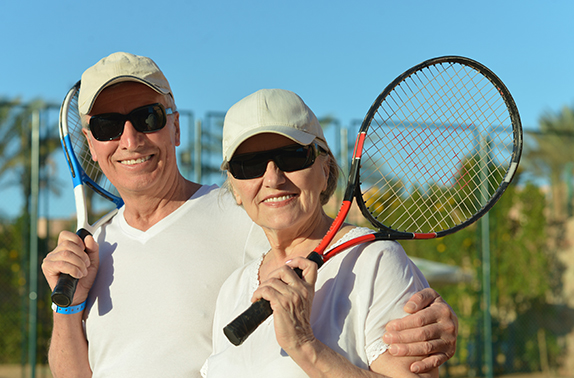Fidget Spinners, Weighted Blankets, and the Rise of Anxiety Consumerism – Vox, September 10, 2018 This is an article about the growing “anxiety economy,” composed of products designed to calm us down. An entire flourishing industry now deals with the treatment of anxiety through items such as fidget cubes and gravity blankets. What does that tell us when we start dealing with mental health issues…





























































